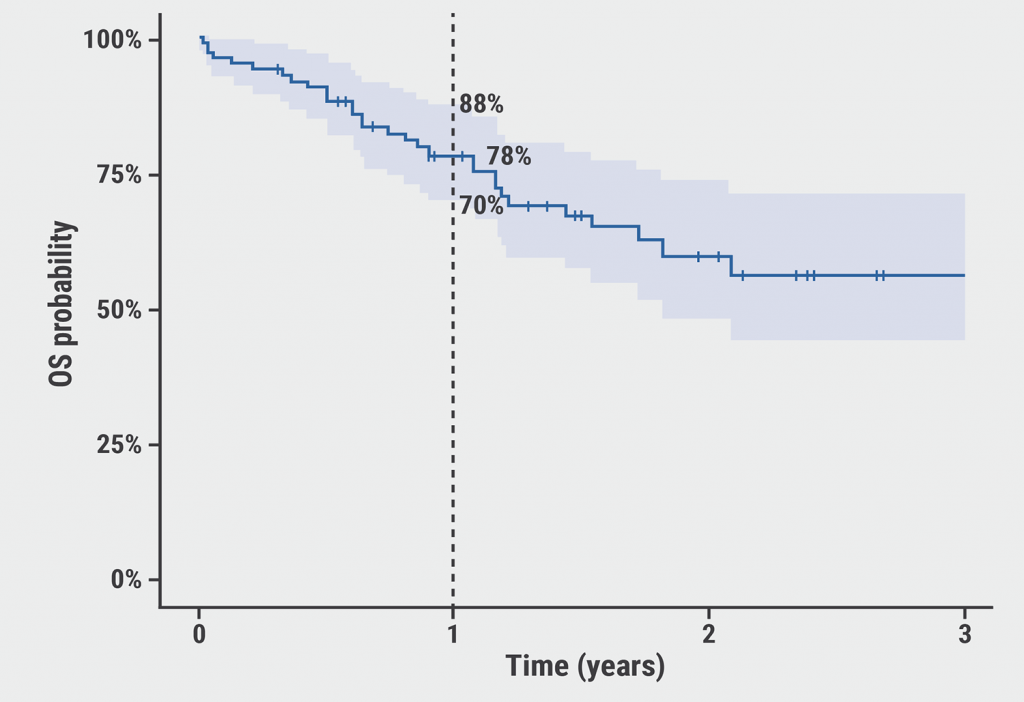"The DASH intervention proved more effective than routine care in initial systolic BP improvement and longer term improvement in endothelial function and diet quality in adolescents with elevated BP and hypertension," researchers conclude in Hypertension.
The Dietary Approaches to Stop Hypertension (DASH) diet focuses on vegetables, fruits, whole grains and lean meats and is low in salt, added sugars, fat and red meat. Guidelines recommend following a DASH diet to manage elevated BP, which affects about one in 10 adolescents in the U.S., but adherence is low.
While frequent dietary counseling contacts by phone and mail have proven successful in changing dietary habits, there have been no long-term trials to test these approaches for a DASH-diet intervention in youth with elevated BP, Dr. Sarah Couch of the University of Cincinnati and colleagues say.
The researchers randomly assigned 159 adolescents aged 11 to 18 years with newly diagnosed elevated BP or stage-1 hypertension to a six-month DASH-4-Teens intervention or routine care (RC).
Participants in the DASH group received a take-home manual plus two in-person counseling sessions at baseline and three months with a dietitian; six monthly mailings; and eight weekly and then seven biweekly telephone calls focused on behavioral strategies to promote adherence. RC consisted of nutrition counseling with a dietitian consistent with pediatric guidelines established by the National High Blood Pressure Education Program.
At the end of the intervention, participant retention was 80% in the DASH and 91% in RC groups; at 18 months, it was 75% and 71%, respectively.
In the DASH group, systolic blood pressure was 127.0 mmHg at baseline, 122.8 mmHG at six months and 124.6 mmHG at 18 months; in the RC group, it was 126.0 mmHg, 124.3 mmHg and 125.2 mmHg, respectively.
The between-group difference was 2.7 mmHg (P=0.03) at six months and 1.7 mmHg (P=0.2) at 18 months, favoring the intervention. There was no significant difference in diastolic pressures.
Compared with participants receiving RC, those in the DASH group also had greater improvements in flow-mediated dilation (by 2.5%, P=0.05) and DASH score (by 13.3 points, P<0.0001) at the end of the intervention and one year later (by 3.1%, P=0.03, and 7.4 points, P=0.01, respectively).
The researchers note that endothelial dysfunction, as measured by reduced flow-mediated dilation (FMD) of the brachial artery, has been found to be an independent predictor of cardiovascular morbidity and mortality in adults.
"Our finding of FMD improvement independent of BP control from baseline to 18 months in DASH participants compared with RC suggests dietary changes achieved in response to DASH-4-Teens may have an ongoing, favorable impact on vascular health in adolescents with elevated BP," they write.
"This study provides evidence of the acceptability and efficacy of a clinic initiated behavioral nutrition intervention with telephone and mail follow-up emphasizing the DASH diet for adolescent BP management," the team concludes. "It would be important to consider how such programs might be implemented in current practice settings, given that most health insurers do not cover behavioral interventions for the prevention and treatment of hypertension."
SOURCE: https://bit.ly/3gqonnz Hypertension, online November 16, 2020.
By Reuters Staff
Posted on
Previous Article
« Asthma inhaler sensors improve pediatric asthma control Next Article
One in eight lung-cancer patients have never smoked cigarettes »
« Asthma inhaler sensors improve pediatric asthma control Next Article
One in eight lung-cancer patients have never smoked cigarettes »
Related Articles
February 20, 2023
Ultra-sensitive MRD assessment in MM with BloodFlow

© 2024 Medicom Medical Publishers. All rights reserved. Terms and Conditions | Privacy Policy

